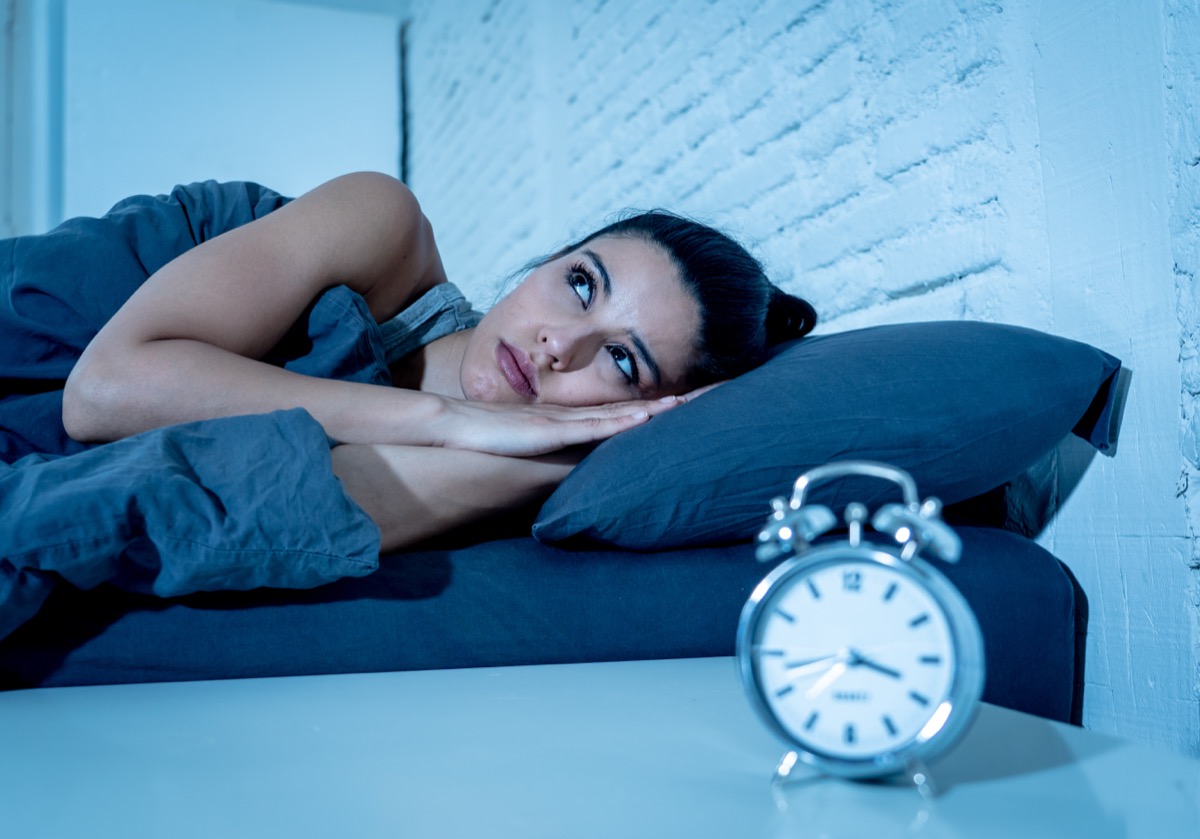According to the AASM, daylight saving time—which has been mandated in most places since 1918—comes with a lot of public health and safety risks. In their Aug. 26 position paper in the Journal of Clinical Sleep Medicine, the AASM cites an abundance of evidence that demonstrates the negative consequences associated with DST, which they believe supports dissolving the time change.ae0fcc31ae342fd3a1346ebb1f342fcb The AASM points out that DST is not aligned with human circadian biology as well as standard time is. “The impacts of the delayed natural light/dark cycle on human activity could result in circadian misalignment, which has been associated in some studies with increased cardiovascular disease risk, metabolic syndrome and other health risks,” the study says. The negative consequences of DST have been well documented in past research. According to a 2014 study published in BMJ, the Monday after the time change, hospitals report a 24 percent increase in heart-attack visits throughout the country. Another study, published in Epidemiology in 2017, found that there was an 11 percent spike in depressive episodes during the transition from daylight saving to standard time. And a 2020 study in Current Biology showed a 6 percent increase in fatal car accidents the week following the time transition, which accounts for about 28 additional deaths yearly. RELATED: For more up-to-date information, sign up for our daily newsletter. “Permanent, year-round standard time is the best choice to most closely match our circadian sleep-wake cycle,” lead author Adeel Rishi, MD, said in a statement. “Daylight saving time results in more darkness in the morning and more light in the evening, disrupting the body’s natural rhythm.” Research aside, most Americans are in favor of this proposed change. The AASM conducted a survey in July and found that 63 percent of U.S. adults support abolishing seasonal time changes and sticking to a fixed year-round time. Additionally, several reputable medical organizations have endorsed the AASM’s motion to get rid of DST, including the American Academy of Cardiovascular Sleep Medicine, the World Sleep Society, the Society of Behavioral Sleep Medicine, and the National Safety Council. And for more on the negative effects of DST, discover 10 Ways Daylight Saving Time Is Bad For Your Health.
